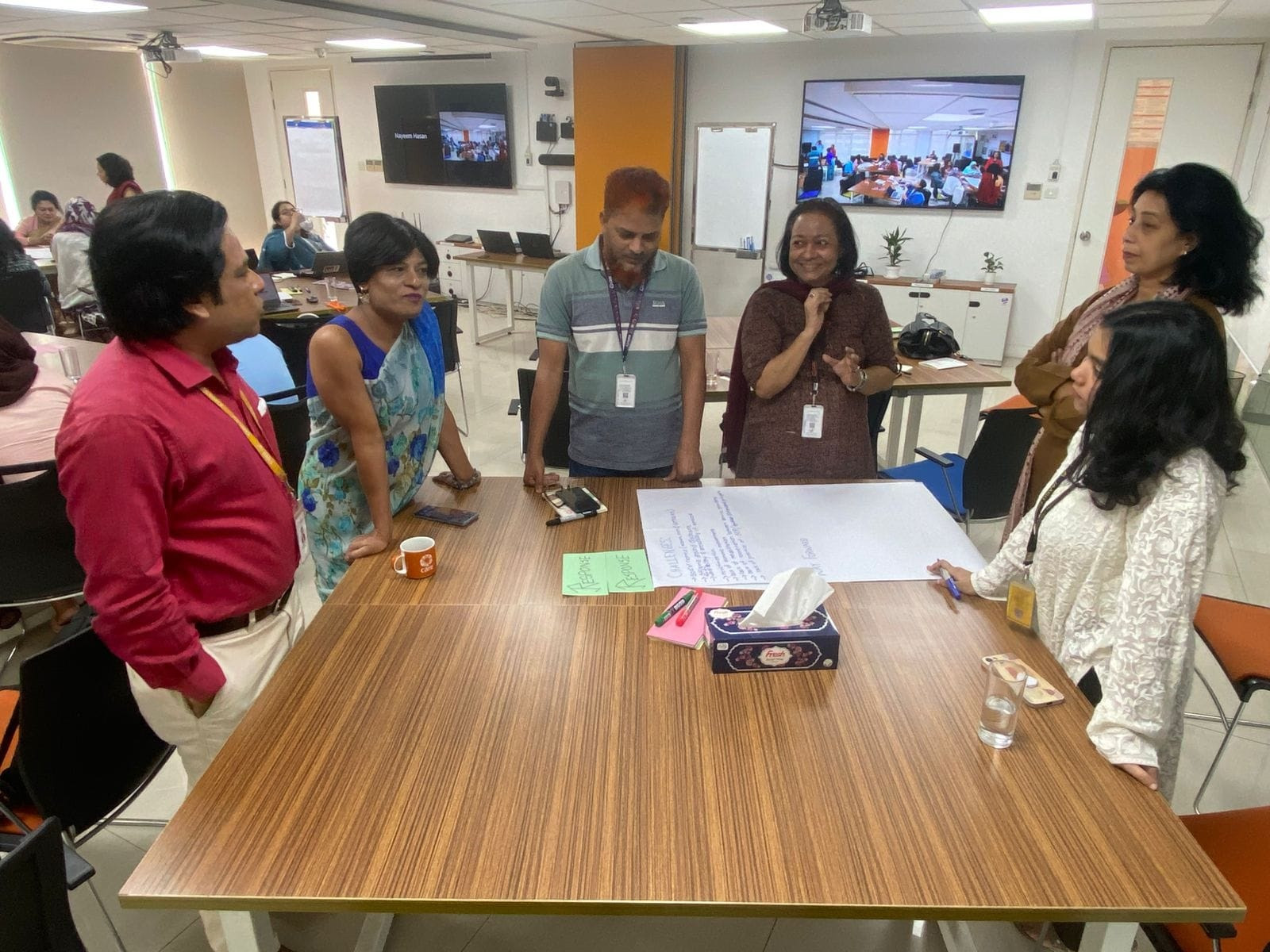New study reveals 9% rise in intimate partner violence in Bangladesh
Daily Sun Report, Dhaka
Published: 14 Nov 2024

A new study by CARE Bangladesh, icddr,b, and JAAGO Foundation has revealed a 9% increase in the prevalence of Intimate Partner Violence (IPV) in Bangladesh.
The findings were shared during a workshop titled “Workshop on GBV in Bangladesh: Sharing Preliminary Findings and Shaping Future Directions,” organised by CARE Bangladesh.
This study, conducted in collaboration with JAAGO Foundation and icddr,b, aimed to assess the national prevalence of IPV in the country.
The research is particularly significant, as it comes nearly a decade after the last Violence Against Women (VAW) survey in 2015, providing much-needed updated data on the issue.
Ram Das, country director of CARE Bangladesh, inaugurated the event with an emphasis on CARE’s commitment to empowering women and promoting gender equality.
Quoting a Sanskrit text, he shared, “The Creator rejoices when women are respected,” stressing the importance of responding to women's voices in addressing gender-based violence (GBV).
He highlighted that dignity and respect are crucial for genuine societal development.
The study, conducted across seven divisions in Bangladesh, surveyed 1,715 women aged 15 and older through face-to-face interviews. Notably, 95% of participants were married, with an average age of 29.
When compared with the National VAW 2015 survey findings, the data showed an increase in the prevalence of any intimate partner violence (IPV), rising from 80% in 2015 to 89% in 2024.
Awareness on ‘where to report violence’ remained the same as in 2015. However, knowledge of the government helpline saw a significant increase, rising from 2% in 2015 to 17% in 2024. 44% of women aged 25-34 and 37% of women aged 45-54 reported physical violence.
Regarding sexual violence, younger women were more likely to experience it compared to older age groups.
The study reveals that reducing violence against women (VAW) requires a multi-faceted approach that addresses both systemic and societal factors.
Key recommendations include expediting convictions in gender-based violence (GBV) cases, which could deter perpetrators and provide justice to victims more swiftly.
Increasing civic education on GBV is also essential to raise awareness and empower communities to identify and counteract abusive behaviours.
Moreover, enhancing services that prevent violence and protect victims' rights can create safer environments for those at risk.
Gender-based violence (GBV) is one of the most widespread human rights abuses in the world, affecting individuals everywhere, with consequences that reach beyond the individual and can affect entire families and communities.
Gender equality is the central organising principle of CARE’s Vision 2030 and is at the heart of CARE’s programmatic and organisational ambitions and targets.
CARE’s work with allies and partners to advance gender equality for more than 30 years in over 100 countries has shown that supporting gender equality is critical to ending poverty.
After sharing the study findings, experts divided into a group discussion followed by a plenary about the existing challenges and way forward on GBV prevention, mitigation, and response.
Mehrul Islam, Interim Deputy Country Director – Programmes, CARE Bangladesh, shared the closing remarks and said, “Our progress on other fronts reminds us that we can do more for GBV prevention. By working together—with academia, research institutions, and all stakeholders—we can lay the foundation for a more equitable and resilient society.”
A distinguished panel of experts, academicians, and development practitioners attended the workshop, along with key members of staff from CARE Bangladesh, JAAGO Foundation, and icddr, b.

